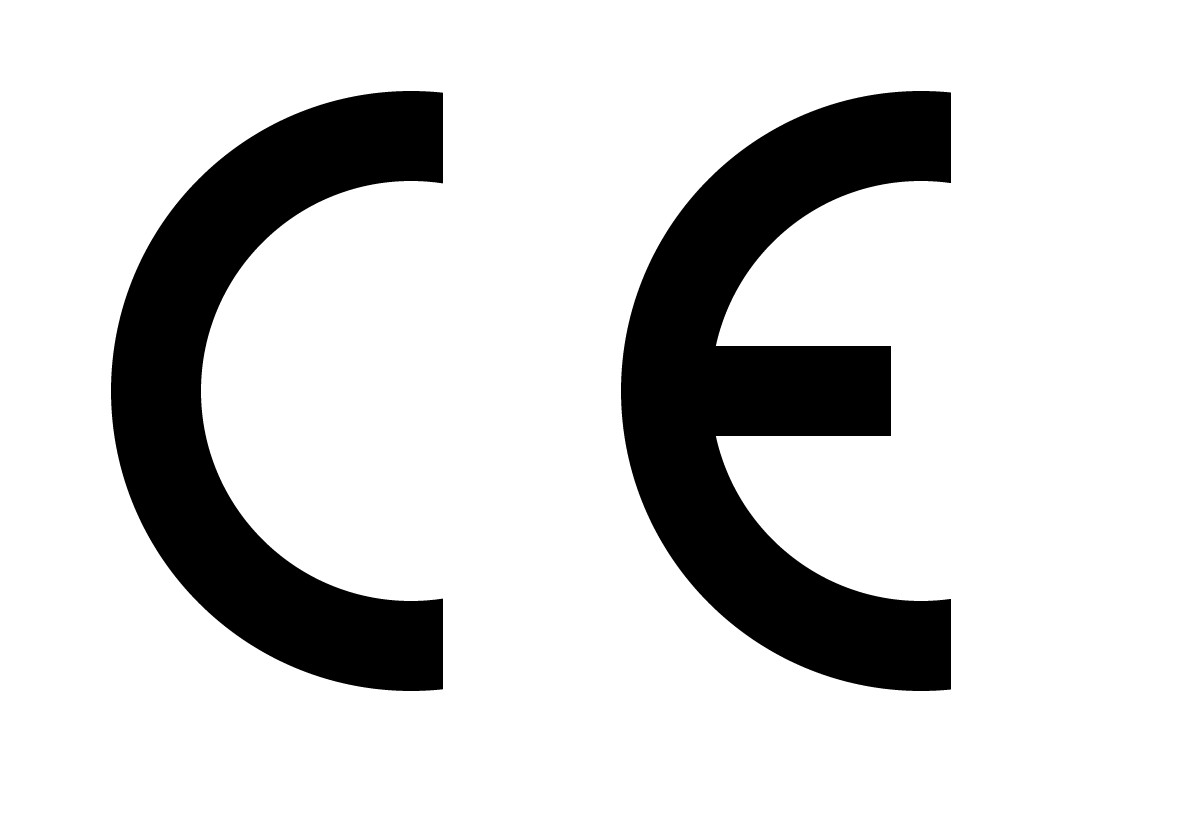We can help you to certify your Products!

What is CE Marking (CE Mark)?
The letters “CE” are the abbreviation of French phrase “Conformité Européene” which literally means “European Conformity”. The term initially used was “EC Mark” and it was officially replaced by “CE Marking” in the Directive 93/68/EEC in 1993. “CE Marking” is now used in all EU official documents.
“CE Mark” is also in use, but it is NOT the official term. For instance, in the Directive 2007/47/ec, of 5 September 2007, amending the directives 90/385/eec, 93/42/eec & 98/8/ec, the term CE Marking appears 9 times whereas CE Mark appears nowhere in the entire 35-page document.
- CE Marking on a product is a manufacturer’s declaration that the product complies with the essential requirements of the relevant European health, safety and environmental protection legislation, in practice by many of the so-called Product Directives.*
- *Product Directives contains the “essential requirements” and/or “performance levels” and “Harmonized Standards” to which the products must conform. Harmonized Standards are the technical specifications (European Standards or Harmonization Documents) which are established by several European standards agencies (CEN, CENELEC, etc).
CEN stands for European Committee for Standardization.
CENELEC stands for European Committee for Electrotechnical Standardization.
- CE Marking on a product indicates to governmental officials that the product may be legally placed on the market in their country.
- CE Marking on a product ensures the free movement of the product within the EFTA & European Union (EU) single market (total 28 countries), and
- CE Marking on a product permits the withdrawal of the non-conforming products by customs and enforcement/vigilance authorities.
Along with more directives’ becoming effective, more and more products are required to bear the CE Marking for gaining access to the EFTA & European Union market. However,many non-EU exporters are still unaware of or unsure about this fact and its impact on their business.
General principles of the CE marking
- The CE marking shall be affixed only by the manufacturer or his authorised representative.
- The CE marking shall be affixed only to products to which its affixing is provided for by specific Community harmonisation legislation, and shall not be affixed to any other product.
- By affixing or having affixed the CE marking, the manufacturer indicates that he takes responsibility for the conformity of the product with all applicable requirements set out in the relevant Community harmonisation legislation providing for its affixing.
- The CE marking shall be the only marking which attests the conformity of the product with the applicable requirements of the relevant Community harmonisation legislation providing for its affixing.
- The affixing to a product of markings, signs or inscriptions which are likely to mislead third parties regarding the meaning or form of the CE marking shall be prohibited. Any other marking may be affixed to the product provided that the visibility, legibility and meaning of the CE marking is not thereby impaired.
- Member States shall ensure the correct implementation of the regime governing the CE marking and take appropriate action in the event of improper use of the marking from China manufactures. Member States shall also provide for penalties for infringements, which may include criminal sanctions for serious infringements. Those penalties shall be proportionate to the seriousness of the offence and constitute an effective deterrent against improper use.
